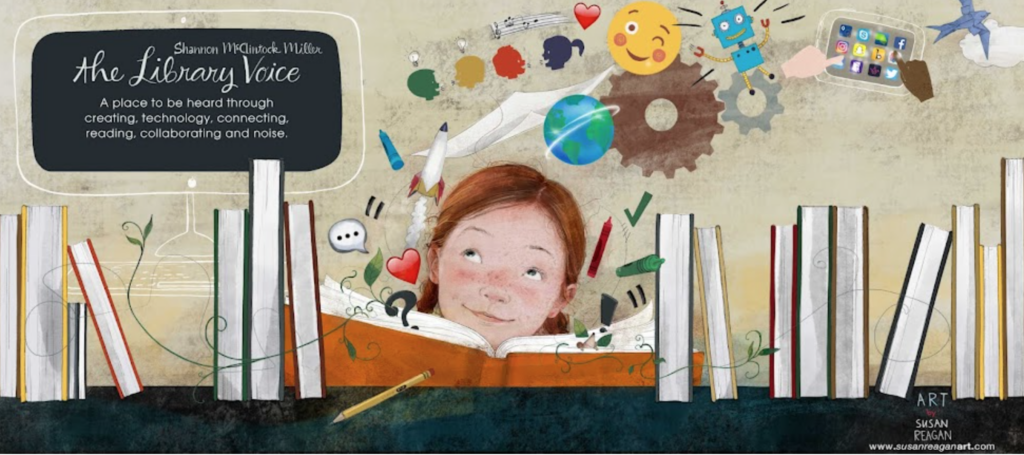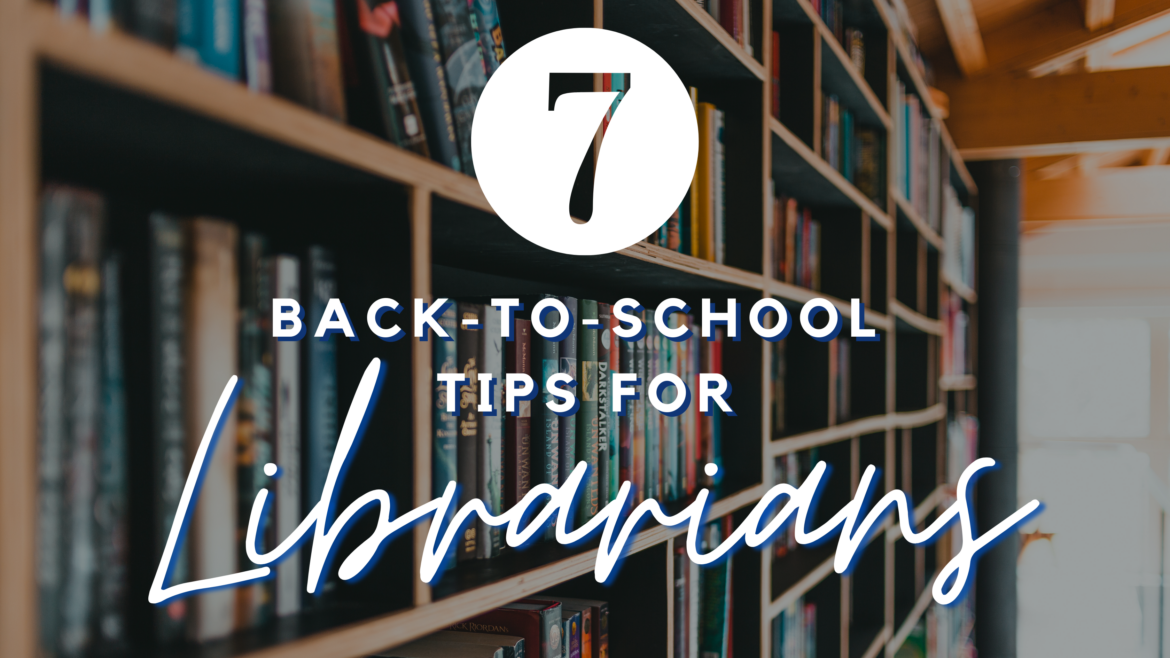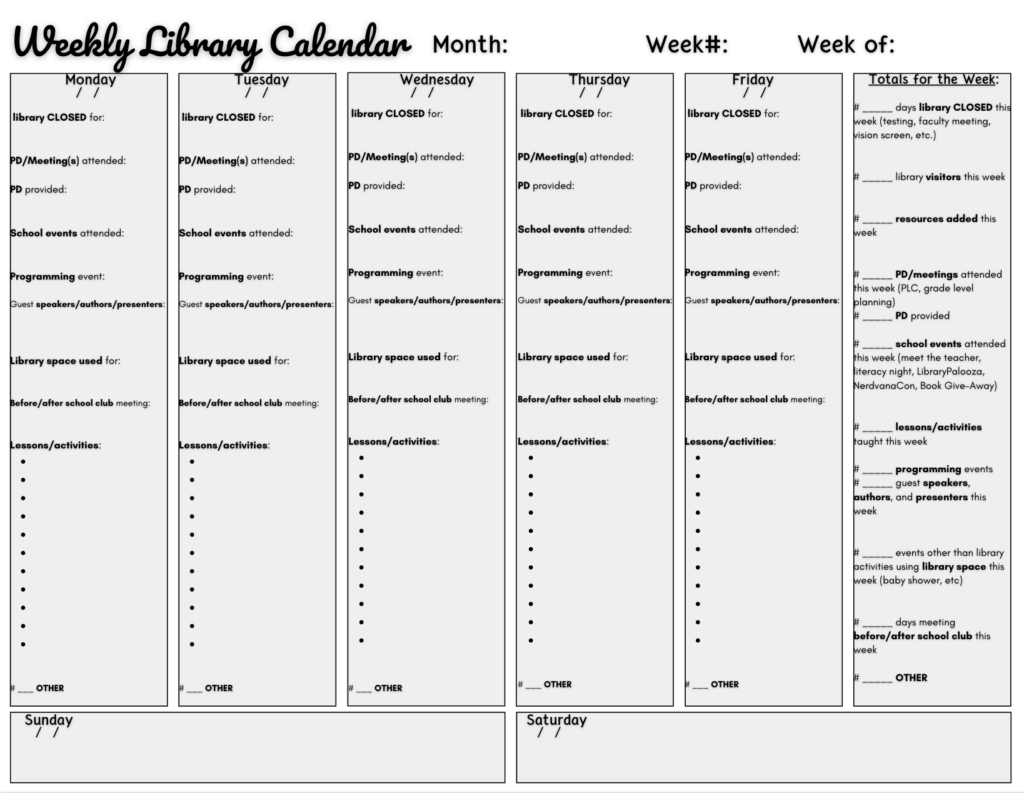Are you a librarian who likes to plan, or do you fly by the seat of your pants? Maybe it’s a bit of both. Intentions are good but, when the first day of school suddenly stares you in the face, it’s all about survival mode. No matter where you are in the planning process, here are a few suggestions to help you face the beginning of the year with confidence.
Know thyself.
Be honest with yourself about your skills, your strengths and weaknesses, and the things you can and can’t control. Whether you’re considering sweeping changes or just want to make small alterations in daily tasks, think about what each requires and what stands in your way. Do you need an ally? An accountability partner? An alarm? Never be afraid to ask for help, whether it’s a friend on your campus, a fellow librarian, or a library leader.
Use a planning system.
Find a way to track what you want to accomplish and when! That could mean slotting a time every day, or a few times a week, to create and schedule social media posts or write blog posts. It can include noting days for changing displays as well as ideas for display and programming themes. Your calendar/planner is also a great place to track events going on in your library as well as classes or groups visiting and using the library. Don’t forget to include events you plan to attend and classes you visit. Your planner will also be a valuable data resource when it’s time to provide reports.
You can find some excellent planner options for purchase or download. Demco offers a library planner designed by Kristina Holzweiss. Zinnia Bayardo of Northside ISD shared this fabulous weekly calendar template that can be printed or used digitally. You can also make your own in Canva or Slides. A general academic planner can also be easily customized, like this Star Wars-themed one from Erin Condren).
Find your go-to programming resources.
Planning and programming go hand in hand. There are many great people and sites to follow to help with ideas and resources. For this, social media might be your best friend. The Book Wrangler is an elementary librarian to follow, and he shares lots of printables on his blog. Shannon McClintock Miller and the VanMeter Library Voice is another good source for programming ideas. Use reading lists, designated months and weeks, and holidays. Or maybe Facebook groups are your jam. If you prefer more random celebrations, check out NationalToday.com for a compilation of popular as well as lesser-known events. Like today, August 10, you get National Lazy Day, National Spoil Your Dog Day, Update Your Bio Day, Vlogging Day, World Lion Day, and Duran Duran Appreciation Day.


Pick your go-to tools.
Canva or Adobe? Nearpod or PearDeck? Wakelet or Padlet? Genially or BookCreator? Know which tools you can access in a pinch to create amazing content. When you have more time available, then you can play around and experiment with new sites and apps.
Pick one big thing at a time to focus on.
Some people are better at multitasking than others, but if you want to work efficiently, your best bet is to focus on a job and get it done. Too many overlapping projects can lead to burnout. Weeding, diversity audits, genrefication and shelving changes, or website development are just a few projects that can require extensive time to complete. When you’re trying to launch a new program or initiative, establish one at a time before moving on to the next. Trying to establish a library advisory board, set up your very first book club, and institute a Tech Tuesday can be overwhelming if you’ve never done any of them before.
Determine the data you need, then decide how you’ll collect it.
I keep track of 3 types of student visits: classes, individual students and small groups, and students needing loaner Chromebooks. I document each in a different manner. Circulation reports are easy. Numeric data is important, but it’s not the only data we need to tell our stories. Materials requests, reading preferences, and patron comments can inform and justify collection development and library services.

Grow your PLN.
I have the best professional learning network ever. Some are friends I’ve only met once or twice face-to-face, but they consistently make my job easier and better. Find and follow the people to follow who fill your cup, who share great ideas, who make you a better person. My PLN contains people all across the state and even the nation, people I consider to be friends. If you’re fortunate enough to work in a district or live in an area with lots of other librarians, use them to learn from and grow your practice. If you don’t, the TCEA librarian community is vibrant, and Twitter and Instagram are wonderful places to connect with others. Iron sharpens iron.



1 comment
Kristi – I see you all over! Thanks for the tips! One more week before I head back!